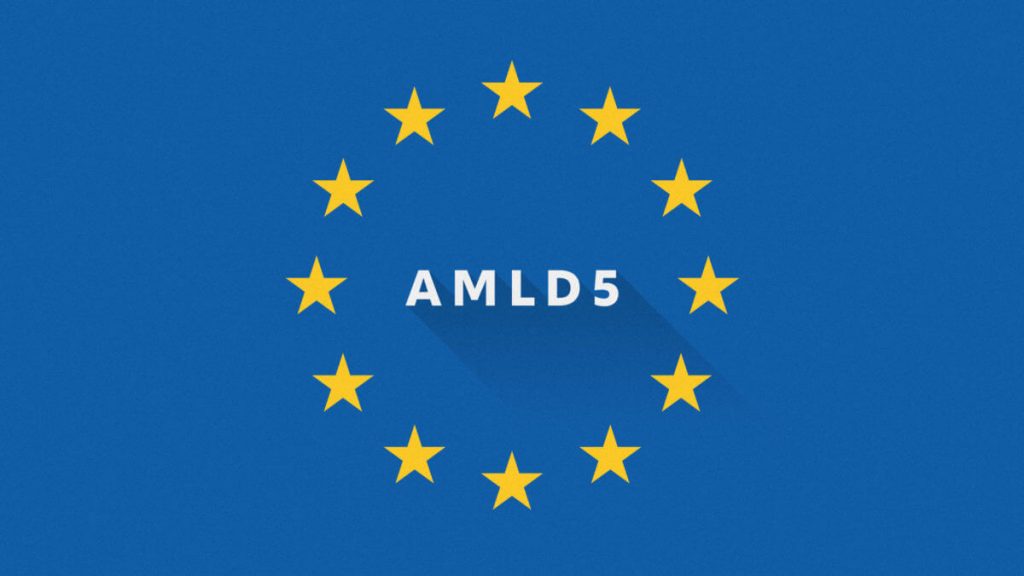
The Fifth Money Laundering Directive (AMLD5) will come into force soon and will also unintentionally support the EU crypto currency industry. Under this new directive, crypto currency companies will be treated in the same way as all other companies.
The blockchain industry has always regarded regulation as one of the greatest brakes for further development. However, the latest proposal for a directive on money laundering in the European Union could change a lot.
The directive gives new impetus to cryptocurrencies
The Fifth Money Laundering Directive (AMLD5) was officially signed in July 2018 and entered into force on 10 January this year. It groups all the virtual assets and their providers as “liable entities”. According to Pawl Kuskowski, Forbes editor, the cryptocurrency area will be placed in the same legal category as banks, payment processors, games and other gambling-related services. In fact, this means that companies that deal with cryptocurrencies will be treated in the same way as others.
However, AMLD5 goes further in strengthening the protection of the cryptocurrency industry. Banks must now provide valid, individual justifications for denial of service to a particular customer. They can no longer simply disable cryptocurrency services. This means that millions of other buyers will finally be able to buy virtual assets without interfering by the banks.
Of course, AMLD5 also has its shortcomings, and in no way can it be said that it is primarily a cryptocurrency directive. But it opens the door to the cryptocurrency sector and gives it a chance to break through the established sectors. It also clarifies some of the questions that cryptocurrency firms had with the new AML standards last year.
Cryptocurrencies and blockchain in the EU viewfinder
The European Union has been monitoring and examining cryptocurrencies and blockchain for some time. Since 2016, workshops have been held and special committees have been set up to explore the potential of blockchain. There were also requests (mainly as a result of last year’s unveiling of the Libra project from Facebook) for the creation of an “EU digital currency”.
Summary
Although the EU does not actively support cryptocurrencies, its policy opens the door to blockhain on its way to greater enforcement, wide open. With this latest directive, digital currencies have made a major step – they will be treated in the same way as other businesses. AMLD5 will thus have a significant impact on the European blockchain industry in the coming years.
- PEPE Price Analysis and Prediction – January 14, 2025 - January 15, 2025
- Washington Post: Trump to sign new bitcoin legislation on first day in office - January 14, 2025
- Here’s Why Cardano’s Price Might Climb by 140% - January 13, 2025
























